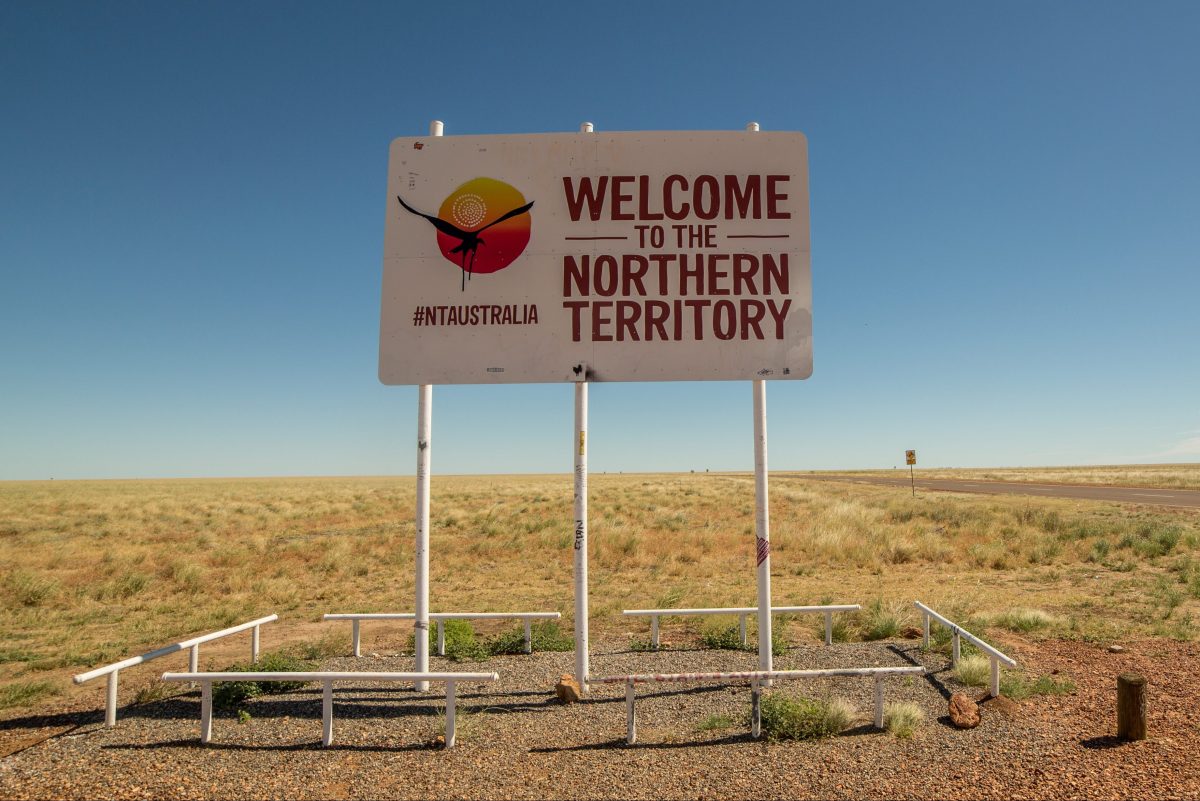The Northern Territory government is running a six month trial for changes to the Gove Peninsula Liquor Permit scheme, which regulates the purchase of takeaway alcohol in the Gove Peninsula.
The trial will run from 1 October 2023 to 31 March 2024, and will be rolled out in Nhulunbuy, Yirrkala, Gunyaŋara and Birritjimi. The change has been put in place at the request of the Gove Peninsula Harmony Group (GPHG), an advisory group comprised of leaders, Traditional Owners, and organisations from across the Gove Peninsula, to address alcohol-related harm.
The changes to the permit system will reduce the six permit levels to a four-level tier system, and a maximum daily limit will replace the current unrestricted permit. Nhulunbuy residents will be able to access all four tiers, and permit holders in Yirrkala and Gunyaŋara will have access to the first three tiers.
The permit system review submitted to the GPHG identified secondary supply of alcohol as a major issue, with 73 per cent of survey respondents identifying it as a problem.
“Having ‘unrestricted’ permits for residents of Nhulunbuy was considered the major facilitator of secondary supply. They allow Balanda and Yolngu a never-ending supply of alcohol and this opens opportunities for corrupt behaviour. Replacing this category of permit with a “generous” limit was identified throughout the discussion groups and in responses from the survey to be a key mechanism for eliminating secondary supply,” the report identified.
Alongside suggested changes to the permit system, the GPHG report recommended more culturally appropriate signage with relevant messages about the problem of secondary supply.
NT Chief Minister and Minister for Alcohol Policy Natasha Fyles spoke about the importance of GPHG involvement in the scheme.
“Locally based alcohol decisions are the best decisions. The Gove Peninsula Harmony Group is an example of how communities and government can work together to get the outcome the community wants. The primary objective of these changes is to enhance community safety and combat secondary supply of alcohol, where alcohol purchased legally is distributed to those without permits,” she commented.
Under the trial changes, tier one permit holders are entitled to purchase six cans or bottles of light beer per day. Tier two permit holders have a daily purchase limit of either 12 cans or bottles of full-strength beer or cider, one bottle of wine, or six cans or bottles of premixed drinks. Tier three permit holders will be able to purchase to a maximum of either one carton (up to 30 units) of full-strength beer or cider, six bottles of wine, or 12 cans or bottles of premix spirits per day. Tier four permit holders, the highest tier, will have a daily purchase limit of three of any combination of the following: one carton (up to 30 units) of full-strength beer or cider, six bottles of wine, one bottle of spirits, or one carton (up to 24 cans or bottles) of premix spirits. Of these combinations, permit four holders will only be able to purchase one bottle of spirits or one carton of premix spirits per day.
The changes have been supported by Aboriginal elders, such as Gumatj leader Djawa Yunupingu.
“We are supportive of better local alcohol management as we have seen the damages alcohol causes too often. We want to take a step forward in building a more tolerant community and create social changes. We are taking actions to build a better future for this region and we hope all community members understand the role they have to play in this challenging enterprise,” Yunupingu said.
Retail Drinks CEO Michael Waters commented on the permit trial.
“Retail Drinks supports the implementation of relevant, evidence-based and targeted policies to address and reduce problems associated with the misuse of alcohol, as opposed to broad, whole-of-population control measures.
“We look forward to continuing working proactively and collaboratively with the Northern Territory Government on its development of alcohol policy throughout the Territory, including in regional and remote communities,” Waters said.

